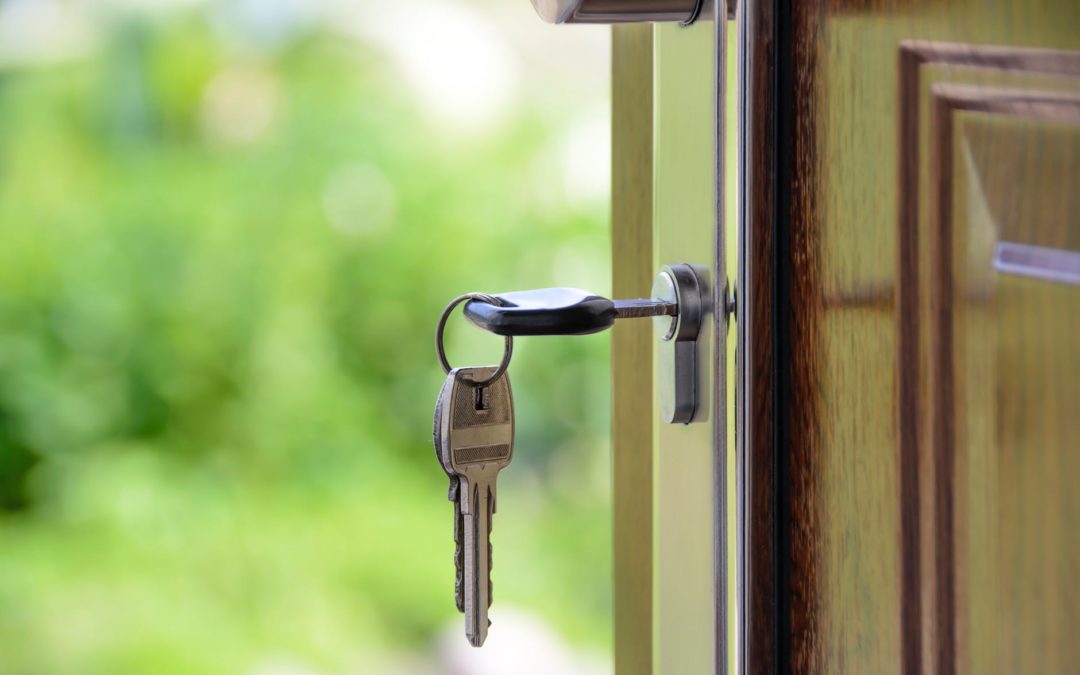Few things you’ll do in your life are as simultaneously thrilling and terrifying as buying a home. On the one hand, it’s incredibly exciting to explore the idea of securing a place that’s entirely your own — that you can grow comfortable, make memories, and possibly even raise a family in. On the other hand, though, it’s a serious commitment, and one that can wind up being one of the bigger purchases you ever make.
To an extent, these conflicting excitements and fears are unavoidable. But the fears don’t have to be quite as bad as they’re sometimes made out to be — particularly with regard to pure finances. Sure, purchasing a new house makes for a major expense relative to your income, and that’s just the way it is. But if you go into the process strategically, and with clear eyes regarding the various financial considerations at hand, you can alleviate a lot of the stress in this department.
To help with this, I’ve put together a few words on some of those financial considerations. If you give these some thought and keep them in mind while planning out your home purchase, you may well find that the whole process becomes a little less daunting — and a little more exciting!
1. What are your value priorities?
One of the very first things you should consider from a financial perspective is what you’re most willing to pay for in a new house. Among the factors that affect house values, there are numerous factors to think about — from nearby schools, to surrounding community, to curb appeal, to (increasingly) energy efficiency. These and many more things can hold tremendous sway over what a home costs, which means it’s a necessary financial strategy to determine which of them are important to you. That way if, for instance, you don’t plan on having children anytime soon, you can look to minimize costs by not paying a premium for a home that happens to be in close proximity to an excellent school system.
2. What is your budget?
This may be the obvious question, but it’s one that’s important to think about with specific regard to homes you’re considering. Use those to initially identify the price range of homes you like. Among those homes, are any less expensive than you would expect? Which ones do you feel justify their costs? Once you’ve figured out the cost of a new home is in line with the sort you’re looking for, you may have found your approximate price range for a new house. Then, factor in additional costs such as inspection and moving expenses, closing costs, etc., to come up with a rough estimate for how much the whole endeavor will cost. It’s only at that point that you can really dig into your budget and start trying to make it work.
- What is your credit score?
While this is a fairly simple question to answer, it’s also an important one. A credit score’s effect on a home purchase has to do with both the mortgage you qualify for and the interest rate you have to pay on the loan. Naturally, a stronger credit score (ideally over 700, but the higher the better) will result in more favorable interest calculations — whereas with a lower credit score you can still purchase a home, but the bank and/or lending company will need to protect itself more. If you’re not confident in your credit score, it may actually be worthwhile to take a few months to work diligently toward improving it so as to secure better conditions when you do purchase a new house.
4. What will your insurance costs be?
This is a question you’ll have to consider in time — but plenty of people fail to think about it in advance, particularly if this is a first-time home purchase. Ultimately, it’s a good idea though to look into potential insurance costs as early as possible, so that you can begin to factor them into your financial planning. It may also be helpful to learn if your provider will allow you to bundle this new cost with other insurance you’re already paying (such as auto), or whether it will be kept separate. There’s no getting around the costs as a new homeowner, but having a clear perspective on what to expect will help you with your overall process.
5. What will the property taxes be?
Here too it’s simply helpful to consider the matter ahead of time so that you don’t end up seeing property tax as an unexpected or forgotten expense. I would note that the average property tax rate can vary fairly significantly from state to state, which makes it difficult to provide a general estimate of what to expect. But do be sure to look this up in advance and plan accordingly. For that matter, if you aren’t sure where you want to buy your new house yet, you can even let property tax rates influence your decision!
Preparing to buy a new house will still mean doing a lot of careful budgeting and financial planning on your own. But the idea here is to keep these factors in mind so that you can lower costs where possible and prepare effectively for them otherwise. Believe it or not, this will take some of the apprehension out of the process and enable you to focus on all the positives.
Article written for DesignBasics.com
Authored by Ruth Jordan
Author’s Bio: Ruth Jordan left her desk job as a financial advisor two years ago to pursue a dream of travel and writing. Though the former has been put on pause due to recent events, writing continues to be a source of joy for Ruth, who loves writing about everything from health and wellness, to the economy and personal finance. Being able to learn new things — and impart some bit of knowledge to others in the process — is one thing that she’s always loved about putting pen to paper. When she’s not working, Ruth enjoys yoga and taking long walks with her dog, Charlie.
Cover Image: https://images.pexels.com/photos/101808/pexels-photo-101808.jpeg?auto=compress&cs=tinysrgb&dpr=2&h=650&w=940

